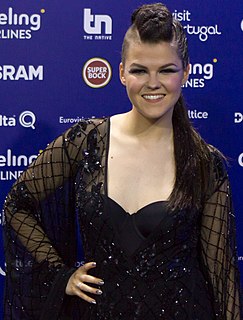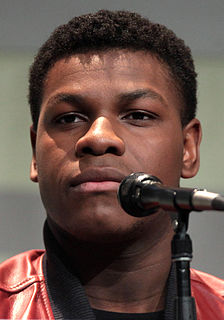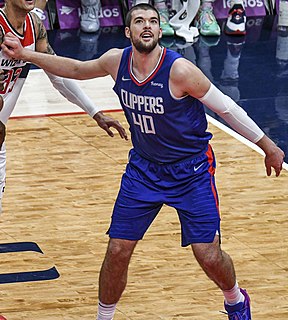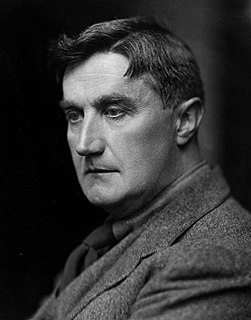A Quote by Saara Aalto
When I came here I moved to London and I was meeting so many new people and had to speak only in English, which is not my native language.
Related Quotes
I have a funny relationship to language. When I came to California when I was three I spoke Urdu fluently and I didn't speak a word of English. Within a few months I lost all my Urdu and spoke only English and then I learned Urdu all over again when I was nine. Urdu is my first language but it's not as good as my English and it's sort of become my third language. English is my best language but was the second language I learned.
My dad is a minister and my mum is a worker with the less fortunate and the disabled. They're Nigerian natives. Their first language is Yoruba, and their second language is English. My mum and dad moved to London when they had my eldest sister. They started a life in London as immigrants, and they built up from there. They're no actors in my family, but there are definitely animated black people in my family.
I spent ten years in London; I trained there. But because I started in English, it kind of feels the most natural to me, to act in English, which is a strange thing. My language is Spanish; I grew up in Argentina. I speak to my family in Spanish, but if you were to ask me what language I connect with, it'd be English in some weird way.
One of the nice things about the United States is that, wherever you go, people speak the same language. So native New Yorkers can move to San Francisco, Houston, or Milwaukee and still understand and be understood by everyone they meet. Right? Well, not exactly. Or, as a native New Yorker might put it, 'Wrong!'
Malcolm Bradbury made the point, and I don't know whether it's a valid one or not, that the real English at the moment is not the English spoken in England or in America or even in Canada or Australia or New Zealand. The real English is the English which is a second language, so that it's rather like Latin in the days of the Roman Empire when people had their own languages, but had Latin in order to communicate.
Though representatives of many ethnic groups came together in the United States, English became their common language. Apparently, this was a natural choice. One can imagine what would have happened if members of each nation moving to the U.S. had spoken only their own tongues and refused to learn English.
There [is] a feeling of recognition, as of meeting an old friend, which comes to us all in the face of great artistic experiences. I had the same experience when I first heard an English folksong, when I first saw Michelangelo's Day and Night, when I suddenly came upon Stonehenge or had my first sight of New York City - the intuition that I had been there already.
I think of myself primarily as a reader, then also a writer, but that's more or less irrelevant. I think I'm a good reader, I'm a good reader in many languages, especially in English, since poetry came to me through the English language, initially through my father's love of Swinburn, of Tennyson, and also of Keats, Shelley and so on - not through my native tongue, not through Spanish. It came to me as a kind of spell. I didn't understand it, but I felt it.










































